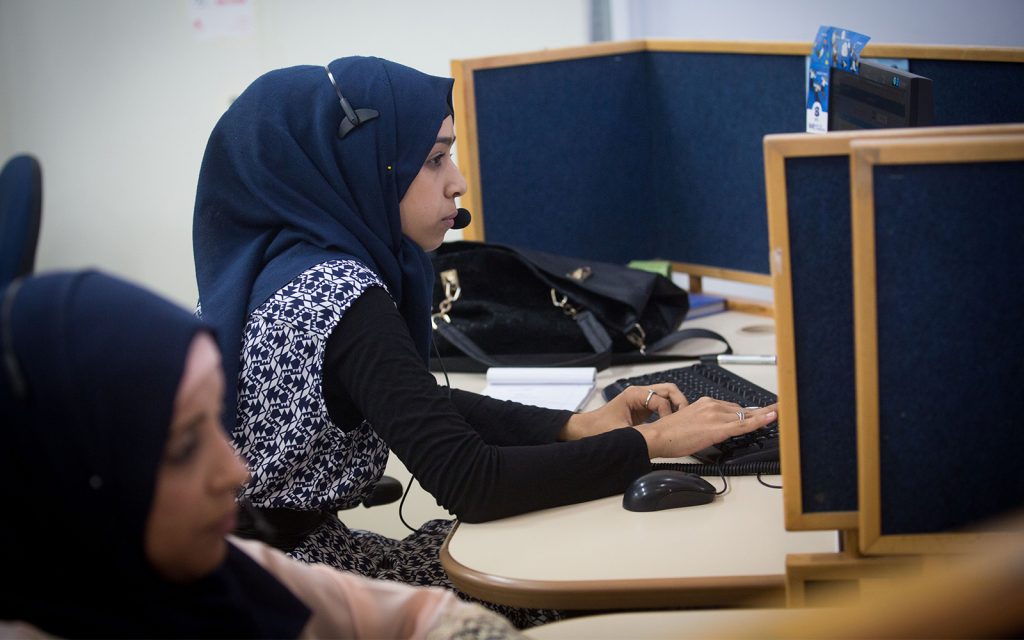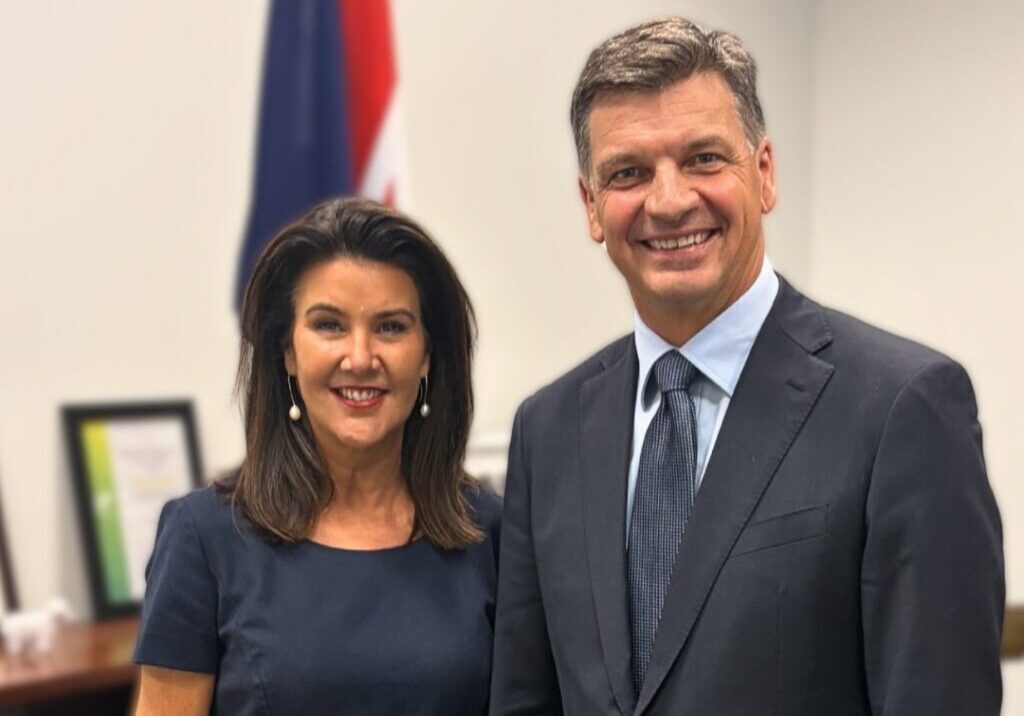Australia/Israel Review
Scribblings: Another Good News statistic
Jun 27, 2019 | Tzvi Fleischer

Regular readers of this column will know that it often features statistics and surveys that suggest good news about Israel’s non-Jewish, predominantly Arab, minority. The evidence these numbers supply appears overwhelmingly to show that, in terms of integration and equality, things have been improving rapidly over the past few years for the more than 20% of Israelis who are not Jewish, even if there remain serious problems that need to be overcome.
Here’s one more good news statistic contributing to that positive trend – a decade ago only 22% of Israeli Arab women were working outside their home. Today, that number is more than 40%.
Admittedly, this is still way below the workforce participation rate of Jewish Israeli women, who have one of the highest employment rates among Organisation for Economic Cooperation and Development (OECD) countries. Fully 74.3% of Jewish Israeli women between the ages of 25 and 54 were employed in 2017, according to the Israeli Central Bureau of Statistics, well above the OECD average of 67.4% for women of those ages.
The improvement in employment rates among Israeli Arab women is not simply a product of natural evolution, but is also in part the result of deliberate Israeli government policy. The Israeli Government has set a target of 54% employment for Arab women by 2030. To help achieve that goal, they have been improving public transport to Arab villages so women can reach jobs, building industrial zones in large Arab towns like Nazareth that can offer employment closer to Arab villages and have set up 22 employment centres specifically for Arab women to help match them with available jobs.
Of course, problems remain. According to Nasreen Hadad Haj Yahya, director of the Arab-Jewish Relations Program at the Israel Democracy Institute, one key barrier to further increasing the employment rate among Arab Israeli women is the lack of adequate education. She noted that there is still a funding gap between the Arab and Jewish school systems in Israel and that, among young Arab women ages 18-22, almost half are neither working nor studying.
However, in this respect, Haj Yahya also pointed out another good news number that bodes well for the future of Arab Israeli women. She noted that today, Arab citizens make up about 17% of university students in Israel, which is close to their 20% proportion of the population – a significant improvement from the situation a decade ago. Moreover, of those Arab students, 70% are women – who will of course largely want to enter the workforce and expect their daughters to work in the future.
Pierre’s Protocols
Australian academic Dr. Ran Porat is a frequent contributor to the AIR – and in this edition we have published the second part of a two-part series he has written summarising his research into the Australian activities of Press TV, the Iranian regime’s media mouthpiece. That story is recommended, but I would also like to call attention to another piece Porat has published in a different outlet which readers may find of interest.
Readers may recall his piece in the October 2018 edition of the AIR, which was titled “The Columnist as Conspiracist” and dealt with the extreme and conspiratorial writing of Pierre Sema’an, Australian affairs editor of El-Telegraph, Australia’s largest and best-known Arabic language newspaper. Among other things, Porat exposed how Sema’an accused Israel of being behind ISIS, alleged that Iran and Israel have a secret scheme to divide and conquer the Arab world, and claimed that former Australian Prime Minister Malcolm Turnbull, who Sema’an once dubbed “Menachem Turnbull”, is “working undercover to achieve the ‘clash of civilisations’ plan and to destabilise Western countries … [and] seeks to impose atheist socialism [and] destroy religions.”
Now, in a piece published in J-Wire (June 14), Porat has uncovered the latest rantings of Sema’an – and what he has found is pretty disturbing.
According to Porat, a Sema’an column published in May, titled “Will Iran’s threats turn into a devastating war (the backdrop of what is happening in the Middle East)”, claims the Rothschild banking family and the “Elders of Zion” are scheming to take control of the world, and that “in the year 2000, the Rothschild family controlled all the banks of the world except seven countries.” Those countries are Iraq, Afghanistan, Libya, Cuba, North Korea, Iran and Sudan, according to Sema’an, but as a result of Western wars, initiated of course by the Rothschilds, today only Cuba, North Korea and Iran are free of the Rothschild family’s control. He says the Rothschilds installed in power Emmanuel Macron in France, Justin Trudeau in Canada, Donald Trump in the United States, “and others”.
According to Porat, Sema’an claims Australia and Israel have special roles given to them by this Jewish-controlled world government, with Australia to dominate the Asia-Pacific, Israel to control the Middle East, and no-one is allowed “to fail this plan, facilitating Israel’s control of its wealth and allowing it to impose its conditions on neighbouring Arab states.”
Sema’an later specifically cites the notorious antisemitic forgery The Protocols of the Elders of Ziyon as a source for his claims.
It is well known that such blatant, classical antisemitism continues to exist in both the Middle East and in the darker corners of the internet. However, it is disturbing indeed that in 2019 such material can be openly published on the website of what is probably the most mainstream Arabic publication in Australia.
Tags: Antisemitism, Australia, Israel, Palestinians






